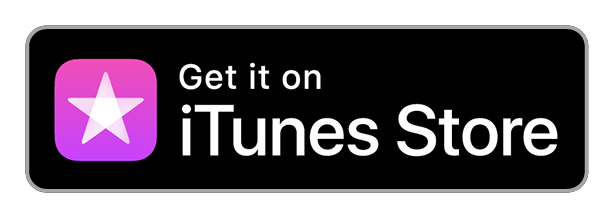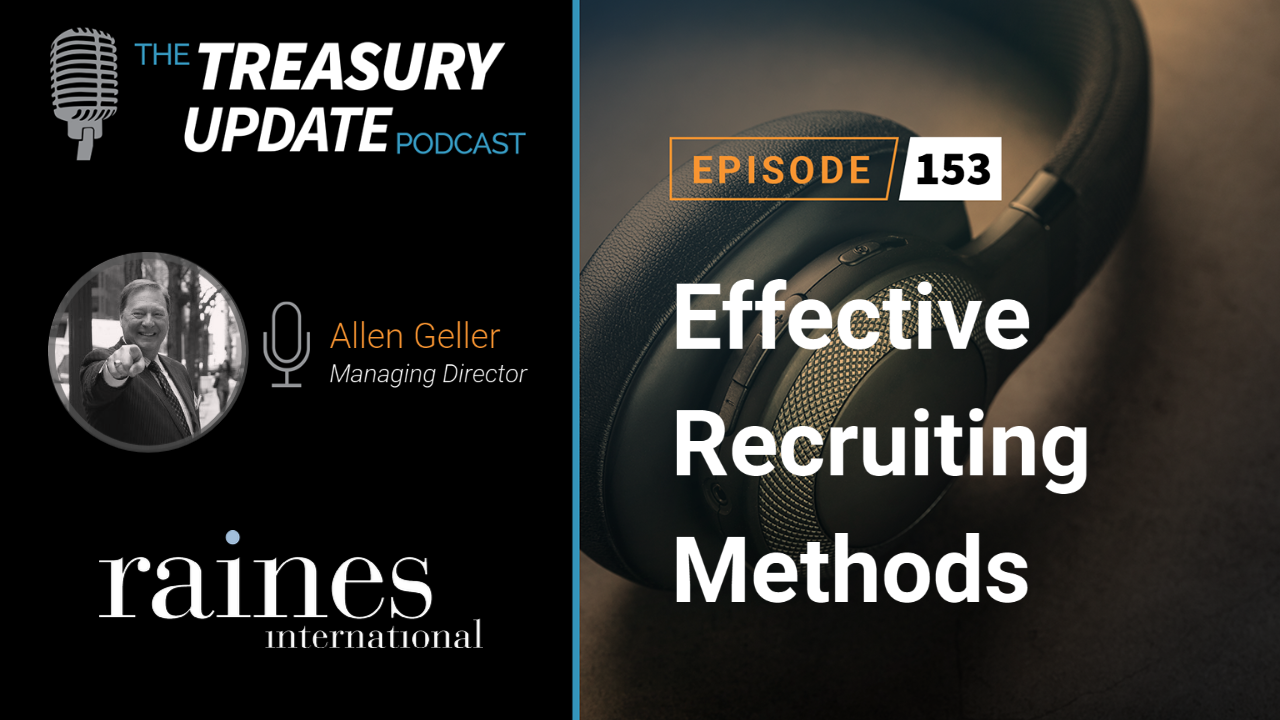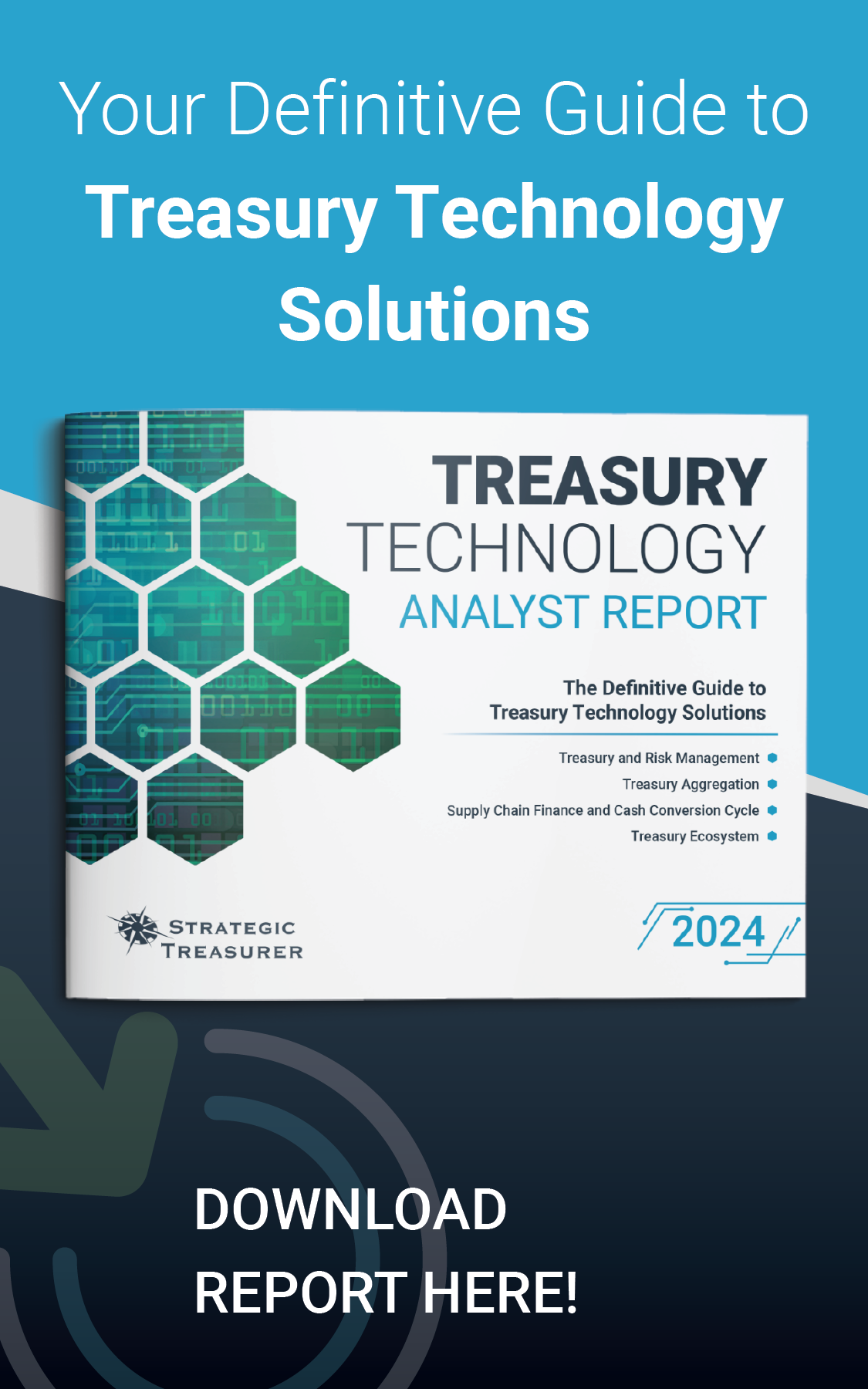
Episode 162
Understanding How to Network
Host:
Craig Jeffery, Strategic Treasurer


Speaker:
Allen Geller, Raines International


Subscribe to the Treasury Update Podcast on your favorite app!
Episode Transcription - Episode #162: Understanding How to Network
Allen Geller 0:10
Welcome to The Treasury Update podcast, presented by Strategic Treasurer, your source for interesting treasury, news, analysis, and insights in your car at the gym, or wherever you decide to tune in. This episode of The Treasury Update podcast host Craig Jeffrey sits down with Allen Geller, Managing Director of Raines International to discuss effective networking strategies, topics of discussion centered around understanding how to network building strategic relationships and valuable insights on how to take your career to the next level. Listen into the discussion to find out more.
Craig Jeffery 1:00
Allen Geller, welcome back to the podcast.
Allen Geller 1:03
Craig Jeffrey, thanks for having me.
Craig Jeffery 1:05
So, our topic is everyone heard on the intro was you know, what do you mean by networking, understanding how you network. So, I’ll start with, and I know you know the answer this, you know, why does networking matter.
Allen Geller 1:18
Well, networking is a way of opening doors, whether you’re looking for business, or whether you’re looking for a job or information. There’s lots of people that you know, but there’s more people that the people you know, know, and networking to me, is not who you know, it’s about who the people you know, know. So, it’s a much more efficient way of gathering information.
Craig Jeffery 1:49
I think I’ve heard you say that before and that that stuck with me. Another thing you said, I think it was something along the lines. There’s you don’t see all the jobs at some point, I think you described this most people change jobs.
The average tenure now is anywhere from three to five years. And there’s the anomalies like you and I that have been there, their same role for almost forever, but changing jobs has become a lot more acceptable. Assuming, and you know there is a risk there if you if you’re changing jobs for promotion but you didn’t get promoted as a company, you were with for four or five years, to me that’s a red flag, but yet for the most part, people are changing jobs regularly.
Yeah, so we didn’t define networking. A lot of people have thoughts in their head, what networking is. Is networking about a job or about business or maybe you could just tell us about how you look at networking.
Well, the simple answer is “yes” to both of those pieces, because the process is the same. It’s always the same, but the idea of networking is more strategic, you should think about as more strategic. If you’re looking for a job, you need to define the parameters of where you’re looking at what you’re looking for. Likewise with business, you need to define the parameters of what it is you’re looking for. If you’re looking for business in an industrial space here can calling consumer companies, that’s not going to be helpful. You know, or if you’re looking for business in the FinTech space, you’re calling industrial manufacturing companies, that’s not going to be helpful. So, part of networking, the first step of networking is define what it is you’re trying to make happen. And whether it’s business or a job that candling that’s not relevant, the process is always going to be the same. I’ve always suggested that, you know, whether you’re looking for business or looking for a job, it’s like taking a trip in a car. If you don’t know where you’re going, it’s really hard to get there. So, before you actually even begin to network, you need to figure out what you’re trying to do, what’s the purpose, what’s the strategic what’s the long term goal, where am I going where I want to live and who do I want to work for within those cons.
In terms of networking about for job extensively. Is it about, maybe you want to live in an area that can be one aspect, maybe there is a particular company or type of company you’re after. What if it’s, but it could also be, I want to do certain types of things that may be more role specific rather than company specific. Are those, how would that influence the your approach to networking your strategic approach to that.
Well, so I would. The first thing I’d be looking at is, so who are the companies that are active in that role. You know, if you’re thinking about M&A. Maybe you want to work for a PE firm, because they’re constantly acquiring businesses, as opposed to Mom Pop kettles candy store which is trying to stay alive. So, a lot of it has to do with, you know, we start to think about how do I select the companies a lot of it has to do, whether it’s the role, what type of role I mean, listen, you know, privately held company, it’s not a debt market is not going to have, you know, a corporate finance person necessarily. A company that’s a net investor, and there are still a few of them, might not necessarily need somebody who understands, you know, how to float debt. Likewise, you know, an investment grade versus a non investment grade company. You know if you can finance a non investment grade company, you can finance anything. But if you can finance an investment grade company that doesn’t mean you can finance, a non investment grade company. So to a certain degree, it depends upon what you’re thinking about in terms of the role specific skills set.
I like that example, right, there’s your investment grade, People are pursuing you. You’re in the other situation, you’ve got to pursue and convince much more.
Right and it’s all and most of it in the ladder is ABL stuff so…
Interesting. So, making those targets. N now, you know, in terms of networks I’ve heard you talk about networking and networks. And how should, how do you help people think through that you’ve helped me think through some of that. And I forgotten it and then you’ve told me again and I’ve gotten better, I’m not naturally mindful about all of those aspects, but you have a fairly ordered way of talking about it.
So, there’s four networks. Super, primary, secondary and tertiary. Simple definitions. The Super network is comprised of the individuals that you either worked with or worked for previously, that you would work for again. And they should always be the first people that you’re talking to, because they’ll give you the best job you know number one risk you have when you change jobs. How long is it going to be before I trust my boss? Well if you can mitigate the boss’s risk, because the boss has the same risk you do, how long is it going to be before I trust Allen. But since I’ve worked for this person before they know who I am, they know what they’re going to get. They’re going to give me a better job with more stretch more opportunity. The primary network is generally family and close friends and for the most part, they’re not in the business so they might not have that much success. But the important part about networking or one of the important piece about network, is you do not know who I know. So, you need to ask. And I go back to this strategy that we started out with these are the companies I want to work for, and become, who do you know, here or here. Oh, I know the CEO there. And then you say, really, that’s cool. How do you know that, because it’s not its, Do you know them or do you know of them, because you’re going to drop that person’s name to create a warm call, which I’ll get back to in a second. The secondary network is comprised of individuals that you know, but they don’t know you as well. And so the hallmark of this group is you have to remind them how they know you. Because if you don’t, then you’re wasting your time because I will guarantee you, Craig, sometime in the last two weeks, you’ve gotten a call from somebody who obviously knows you and you’re going, Oh my goodness. Who is this? And since your a professional you’ve been around for a couple of weeks, you dance with them. You pray not to step on your tongue, and you’re still going who is this person, finish up the input, you’re going to, hey how are you has the family how’s everybody, you’re dancing with them. You hang up the phone, phone rings again it’s somebody else 30 seconds later that first call, never took place because you never landed, they never landed in your memory zone. So, when you’re in that secondary network, you have to continue to remind them how they know you until you hear, “Oh Hey Craig How are you,” and if that’s the point, you’ve been first that was substantive conversation. The tertiary network is the one you’re trying to create that is occupied by the people who you want to work for at those organizations that you want to work for that you created that list before we actually started to network.
So super is the people you’ve worked with or worked for.
Yes.
primiary was…?
Family/close friends. It’s a small group of people, they’ll take the shirt off their back to help you. They want to help, they just don’t know how.
Very good and then all the way down to secondary and tertiary. So, I think you started getting into, how do you approach each one, you know, each type and that work already. Is there anything else that you’d want to add on strategy or tactics with with any of these networks?
Allen Geller 10:36
So, you know what you cannot say is, “Hey I’m looking for a job, and this is the kind of job I’m looking for. And if you hear something let me know,” which many, many, many people say that. I have two issues with that. The first issue is, you are relying on them to have heard something. And the leads, they’re going to give you are like the stock tips I get, there’s no run left. You know they’ve been out there for too long. Secondarily, you actually haven’t given yourself a way to call them back. Because you said, if you hear something, let me know. So the real issue when you’re networking is, how often do I call you back. In the back of your mind you’re saying, I don’t want to be a pest. So my suggestion is that what you do is you say to the individual. Listen, give them a couple of suggestions of companies that you’re interested in to see if they know people there, And whether they do or not, that’s fine. But you say, Hey, let me give you a call a couple weeks about some other organizations, off of you see who else you might know. You need to take, take notes, you need to continue to remind them who they are, how you know them, how they know you… If you haven’t spoken to somebody for a long time. And they call you once a month or once every six weeks, what’s the likelihood of them building a memory spot in your memory bank. Not real great, because every, they keep going back to square one all the time. So, I want you to shorten the frequency of the calls that you make to the people in your network, because it’s going to be more impactful, over time.
Craig Jeffery 12:33
What else what else should we be thinking about in terms of networks and networking? Hey, I’m happy with my job do I still need to do it? I know you’ll say yes but how else should we be thinking about it, not just when we’re looking.
Allen Geller 12:47
I believe everything in life goes through cycles pendulum swings out freezes for a moment in time comes back, freezes. And the unfortunate piece of that is, is there’s a German philosopher named William Hegel who said we learned from history that we do not learn from history. The idea of networking is not just about for you to network with other people for your benefit. It doesn’t hurt when you’re helping other people. You know that the idea of paying it forward, is critical. Because when you’re helping other people, and you need help, they’re out there raise their hand, I’ll help you. You help me when I need it. So, I’m going to help you. So you should, you know, you have a job to do things like that. But, you know, you need to devote a half hour a week to it, maybe, maybe you set aside, you know, one morning a week or a couple mornings a week or a couple afternoons or even a couple evenings where you’re you’re sending out going networking things, because people like to help people they like. The best way to get to know you, is to talk to you. The more I talk to you, the more you talk to me the more, the better we know each other, the more frequently, we do. And just because you’re not doing this anymore doesn’t mean that I can’t help you in some way or you can’t help me in some way. But if you’re trying to be helpful, it gets paid back. The idea of networking, really revolves around people wanting to help you. It’s incumbent upon you to tell them how they can help you, where you want to be in their network.
You can’t call somebody up and said hey I want to get into your network, they’re gonna look at you like you grew with third eye. But if you give them, people want to help. It’s our nature. We just don’t know how. It’s incumbent upon you to tell us where you want to be in our network. And so, it’s defined by companies. So the whole process starts with you creating that list. Where do you want to be? And I always start geographically, because I’d rather you pick geographies, as opposed to say well I’m open to anything. Well, that’s not helpful. But I want to be in Chicago or I want to be in Dallas, or I want to be in San Francisco. So, once you pick those three cities. They you have to sit down and say okay, who are the companies in those cities that I want to work for. And once you put that list together, you see the beauty of this process is, you will never look at your phone and say, “Who should I call now.” And if you’re in full job search mode, you’re making lots of phone calls, and the thing that holds you back is, I don’t know who else to call. Well you, the beauty of this process, the way I’ve described it, is you can always add secondary and tertiary companies. So, you start with 10 in each geography. Well, there’s another 10 that comes after that first. Maybe you can’t get your first choice. But then there’s a second choice, or a third choice, it’s really critical that you do this. This methodology is thorough, it’s complete, and you won’t be wandering the desert for 40 years. But you also need to learn how to be a little bit of a storyteller, because this is that one exception to the rule where your mother said, “It’s not nice to talk about yourself”. If you’re talking about who you are and what you want where you want to go. Nobody’s gonna be interested.
Craig Jeffery 16:55
Allen, Excellent point. Thank you so much for being on the podcast,
Craig, I really appreciate you reaching out and have the chance to spend some time with you. Be well. Be healthy.
OUTRO 17:10
You’ve reached the end of another episode of the Treasury update podcast. Be sure to follow strategic treasure on LinkedIn, just search for strategic treasure. This podcast is provided for informational purposes onl.
Transcribed by https://otter.ai
Related Resources
Check out our YouTube playlist covering many frequently asked questions in treasury!
Host Craig Jeffery sits down with Allen Geller, Managing Director of Raines International, for valuable insights on how to utilize recruiters to position treasurers and organizations for success. They discuss effective recruiting methods, the importance of diversity in the workplace, strategies for placement success and more. Listen in to learn how to maximize your potential in today’s work environment.







